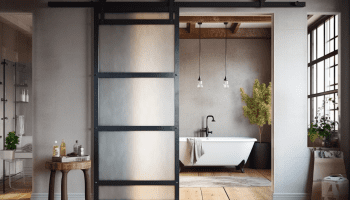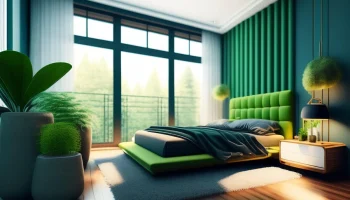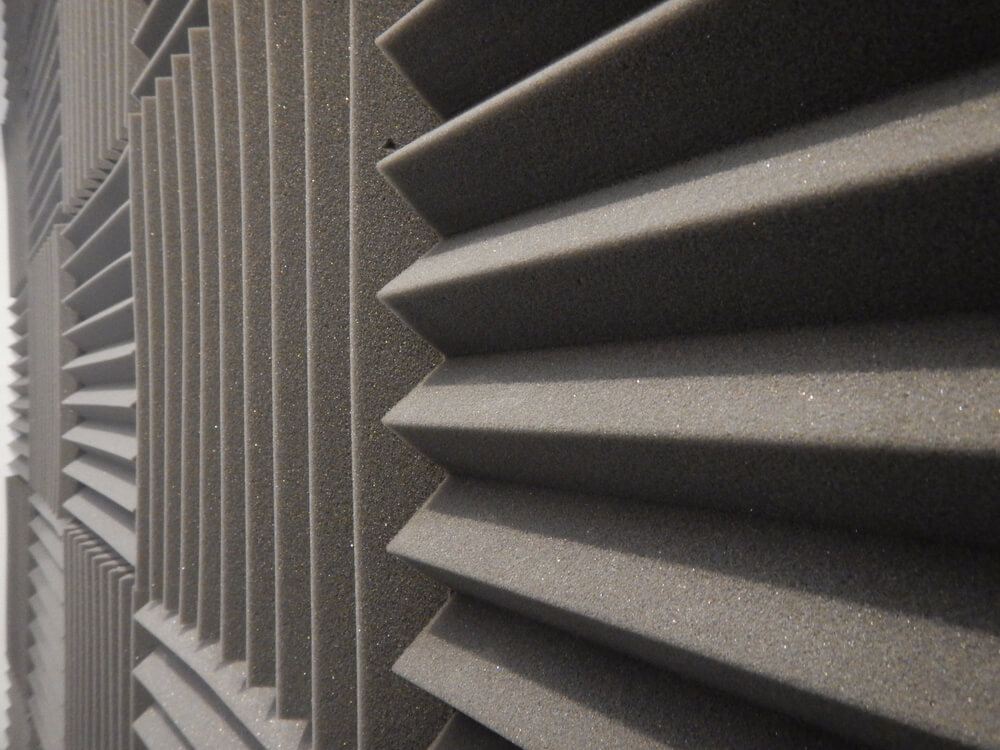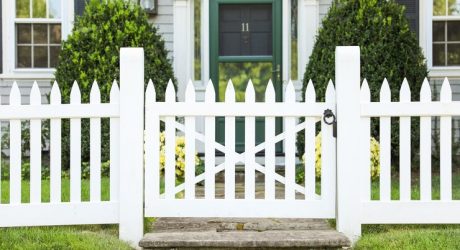Soundproofing your home has plenty of benefits, from keeping sound out of your home to containing sound within it. Whether you’re an avid drummer or simply enjoy your privacy, there are many reasons why you should consider soundproofing your home. Soundproofing allows you to maintain a good relationship with your neighbors and also improves the quality of your sleep. So, what changes can you implement to soundproof your home?
Replace Your Windows
Installing double- or triple-glazed casement windows is one change that you can make to soundproof your home. The multiple layers of glass make it difficult for sound to travel through, and it can be trapped in the air pockets between the glazing. However, you should ensure that all gaps are sealed as these spaces allow sound to penetrate through.
Soundproof Your Walls
You can soundproof your walls by using acoustic wall foams and decoupling. Acoustic wall foams absorb the sound rather than blocking it, making this an ideal solution for people who wish to enhance the quality of music through the reduction of echoing. Similarly, these foams reduce vibrations so that the sound will not be so harshly felt on the other side of the wall.
On the other hand, decoupling is the construction of another wall against an existing wall and filling the gap with sound-absorbing material. However, your available space and budget present limitations for this option.
Install Soundproof Curtains
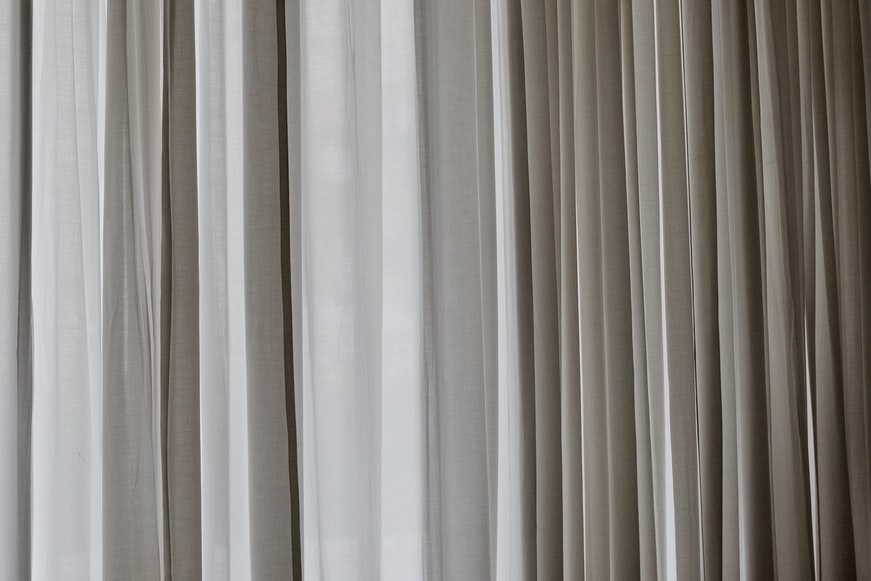
Soundproof curtains must cover the entirety of the window to be effective in absorbing sound. The downfall of these curtains is that they block out natural light, meaning that you need to find another light source when using them.
Fit Carpet
Carpets and rugs absorb any sound and vibrations that travel through the floor. They are particularly effective in saving your downstairs neighbor from excessive noise caused by moving furniture or falling objects. Additionally, much like your walls, you can lay acoustic boards on your floor to absorb noise even further.
Close the Gaps
Over time, your doors and windows will wear away from their frames, and the gaps that they leave allow sound to creep in and out of your home. In order to soundproof your home, these gaps should be properly sealed using soundproof material such as fiberglass or caulk.
Replace your Doors
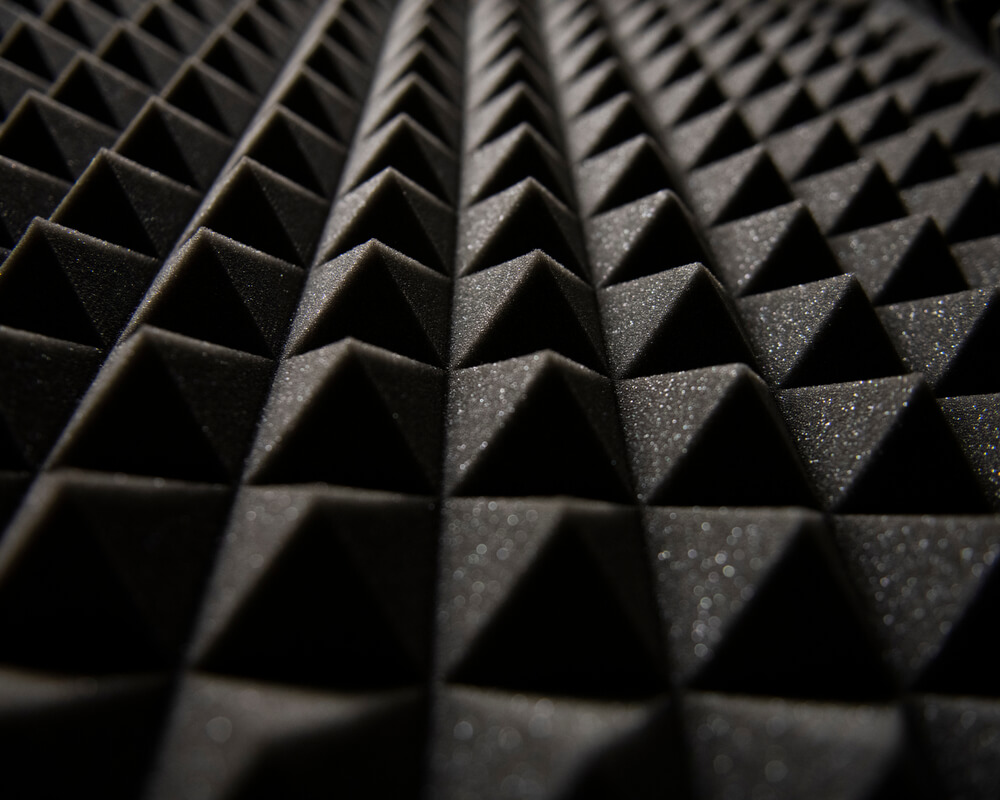
Replacing your doors can be an expensive process, but it’s well worth it when it comes to soundproofing your home. When selecting a soundproof door, you should be on the hunt for a thick, solid construction rather than a hollow one. Alternatively, you may hang soundproof blankets, though this isn’t the most aesthetically pleasing soundproofing solution.
Soundproof the Ceiling
You can install materials in and on your roof to soundproof your ceilings, preventing noise from getting in and getting out simultaneously. However, this could also affect your home’s temperature, meaning that you may want to invest in other appliances to regulate your room temperature.
Add Furniture
Large furniture items like wall units and wardrobes are an effective method of soundproofing your walls. Similarly, heavy furniture such as sofas will decrease the intensity of noise in a room. The quality of sound will also be improved by the presence of furniture due to its ability to minimize echoing.
Conclusion
Soundproofing your home is a great way to be a considerate neighbor and also ensure optimal privacy. Furthermore, it allows you to carry out your daily chores or hobbies with ease regardless of the time of day and no matter how much noise they create. Soundproofing simply makes for a better living situation for everyone involved. Will you be implementing the above techniques?
Read Also:









